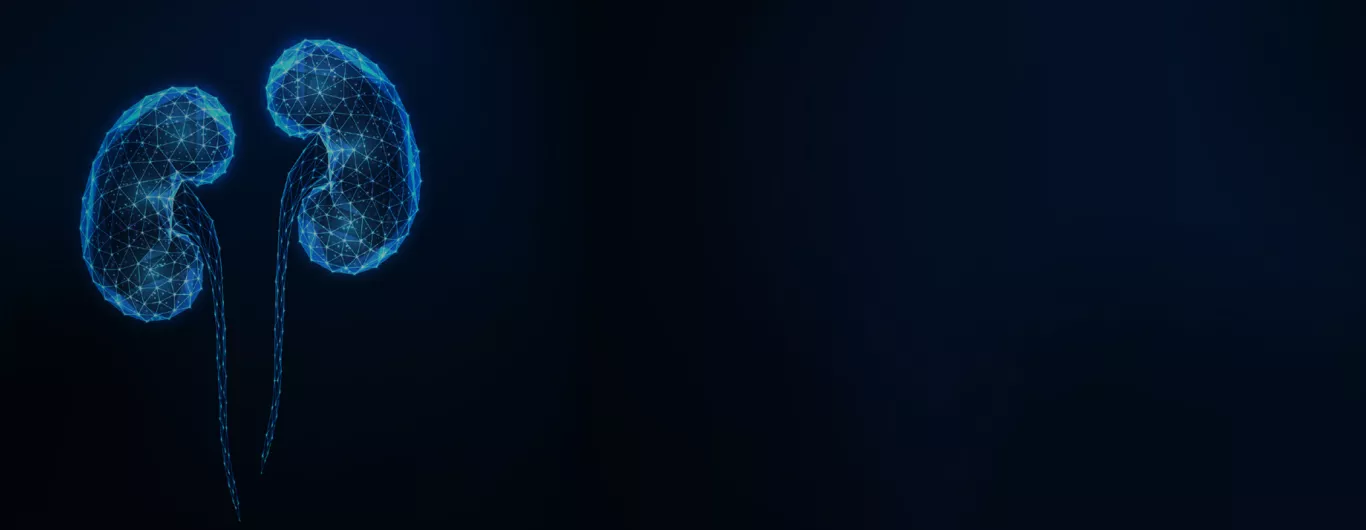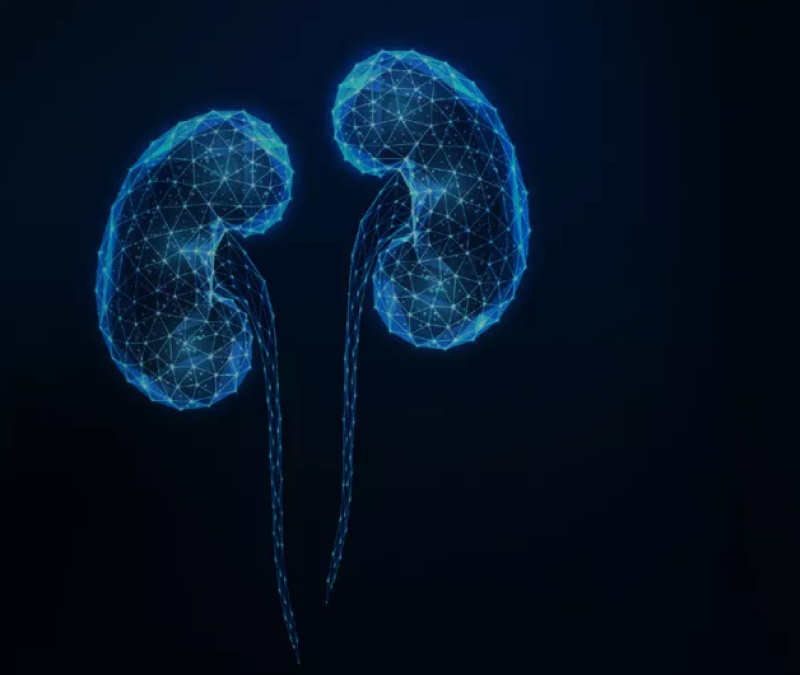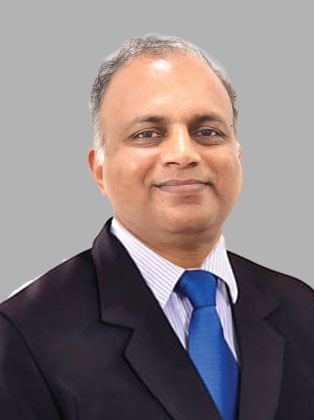The nephrology department caters to patients with various Kidney diseases. We take care of patients with acute renal failure, chronic renal failure and acute on chronic renal failure. Evaluation for the cause of renal failure or cause for worsening of renal failure is done to look for any reversible or treatable cause and appropriate management is done. We have all facilities for the diagnosis and management of all forms of kidney diseases which included kidney various serological tests, kidney biopsy, hemodialysis, peritoneal dialysis, and permanent & temporary dialysis catheter insertion.
For patients with end-stage renal failure, we have hemodialysis facilities with 10 dialysis machines. We do work up for kidney transplant in patients with end-stage renal failure with support from vascular surgery we arrange for AV fistula creation as access for hemodialysis various issues related to AV fistula such as fistula thrombosis, central venous obstruction, fistula stenosis are managed with support from cardiology colleagues. We also take care of renal failure patients in ICU with hemodialysis.
Follow-up, as well as treatment of complications of kidney transplant recipients, is done in our facility plasmapheresis facilities are available. For a patient with poisoning, we have hemodialysis, being the most common cause of secondary hypertension we routinely do an evaluation for newly detected as well as uncontrolled hypertension, being the most common cause of chronic kidney disease, and we have facilities for diagnostic treatment and for prevention of complications of these diseases.
Comprehensive care for snake bite cases is available with support from other departments. We take care of various childhood kidney diseases like nephrotic syndrome, glomerulonephritis, kidney failure etc.
In short, we deal with all kidney problems and kidney-related treatments, except kidney transplantation.
Our Doctors
We have some of the best specialists from around the world, they bring years of experience and offer evidence-based treatment to ensure the best care for you.





